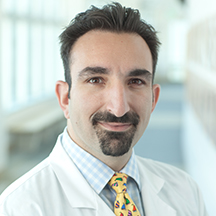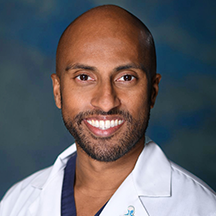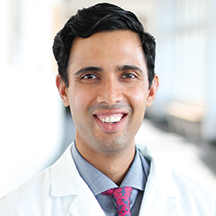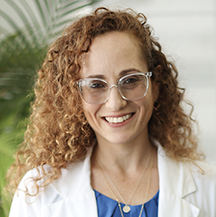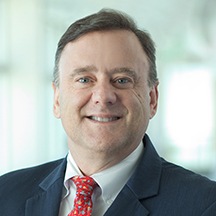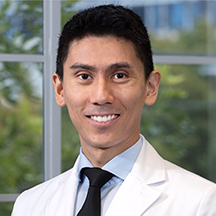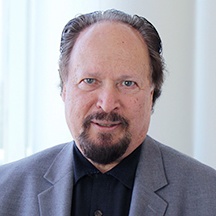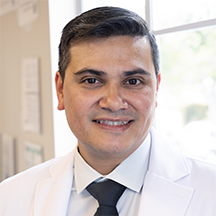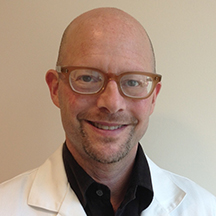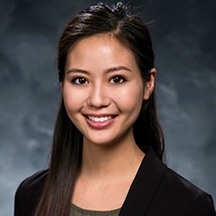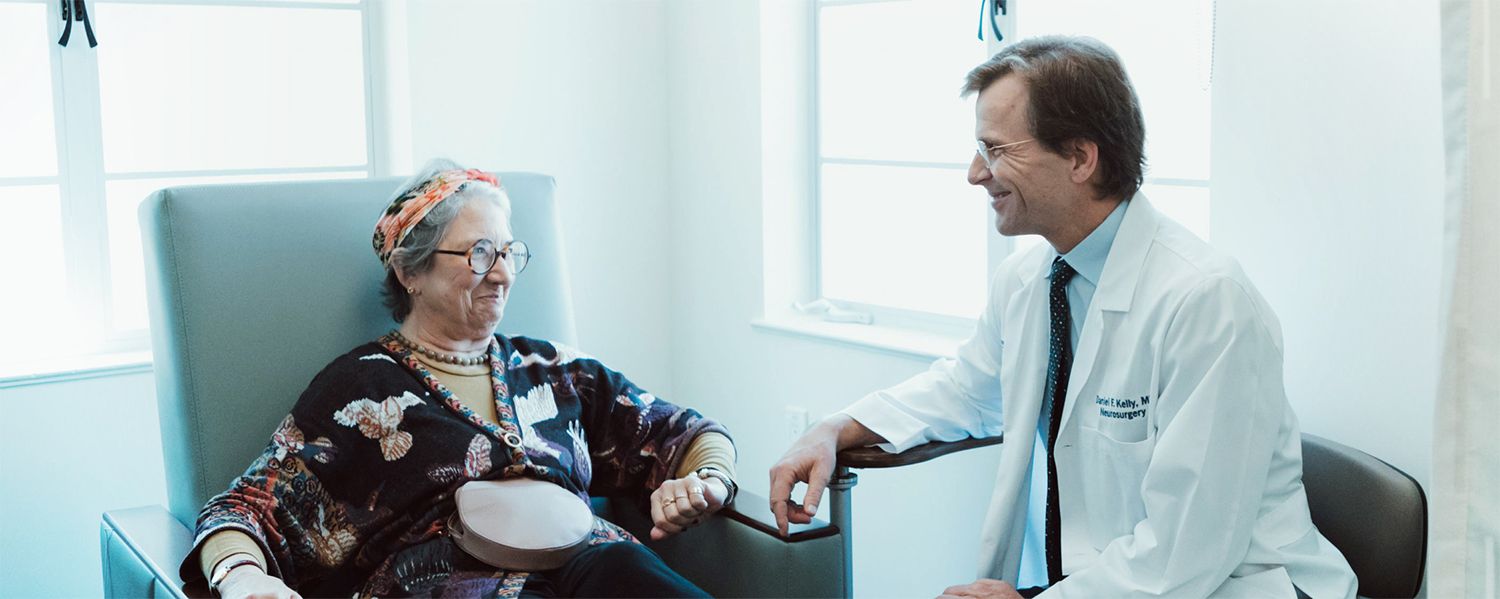
Recurrent Adenoma and Residual Adenoma
Re-do endoscopic surgery is an effective treatment for many recurrent or residual pituitary adenomas
Recurrent or residual pituitary adenomas often need additional treatment after prior surgery.
At Pacific Pituitary Disorders Center, we see many patients each year with significant residual or recurrent pituitary adenoma after prior surgery.
Such patients generally fall into 3 categories:
- Those who have tumors that continue to grow and/or cause symptoms, requiring an additional tumor removal
- Those with invasive and growing but non-resectable tumors that warrant focused radiation (radiosurgery)
- Those with small asymptomatic residual or recurrent tumors that can continue to be observed typically with MRIs and blood hormonal tests.
For patients needing additional surgery, the most common factors we see are
- Patients received treatment by a relatively low-volume inexperienced surgical team
- Transsphenoidal surgical exposure at the first operation was inadequate.
These findings emphasize two key points from prior publications from our Center Director, Daniel Kelly regarding Pituitary Centers of Excellence and Suboptimal Surgical Exposure.
Our Center has one of the world’s largest experiences in endoscopic endonasal transsphenoidal surgery and a large experience treating patients who have had prior surgery. Fortunately, there have been major technical advances in this surgical approach over the last two decades, including use of high-definition endoscopic visualization, surgical navigation techniques and more effective skull base closure methods.
By incorporating cutting edge technology and instrumentation with proven surgical experience of over 1600 endonasal surgeries, we make pituitary adenoma surgery safer, less invasive and more effective. Center Director and Neurosurgeon Dr. Daniel Kelly and his neurosurgical partner Dr. Garni Barkhoudarian and ENT Surgeons Drs. Chester Griffiths and Kian Karimi, have one of the largest surgical experiences treating patients with newly diagnosed pituitary adenomas as well as patients with persistent or recurrent adenomas after prior surgery or radiation.
For patients with adenomas that cannot be completely removed with endoscopic surgery, our outstanding radiation oncologists can deliver focused radiosurgery or radiotherapy to tumors to halt their growth. Additionally for patients with particularly invasive and aggressive adenomas (atypical adenomas or pituitary carcinoma), our neuro-oncologist Dr. Santosh Kesari, can offer novel clinical trials and tumor genetic sequencing to offer therapies beyond traditional surgery and radiation treatments. We also have highly experienced pituitary endocrinologists, Drs. Pejman Cohan and Sarah Rettinger to provide tailored hormone replacement therapy.

